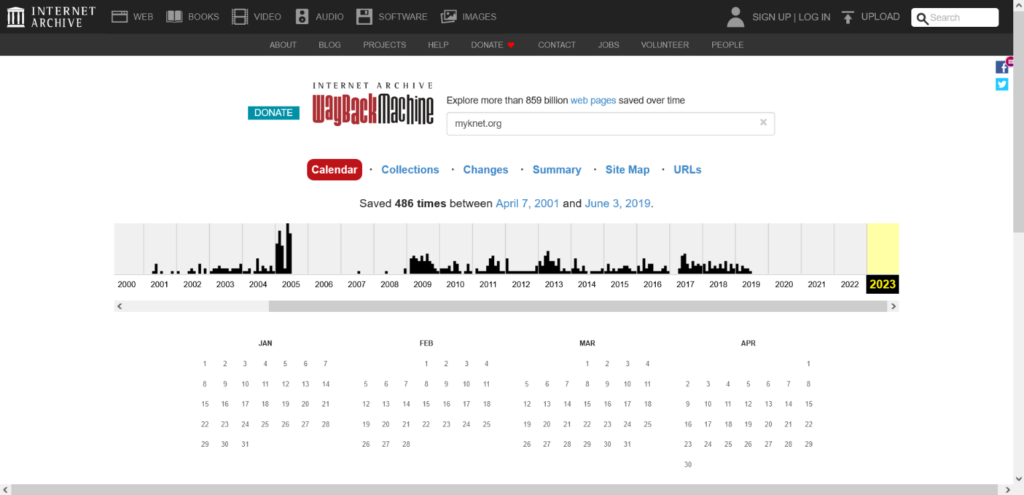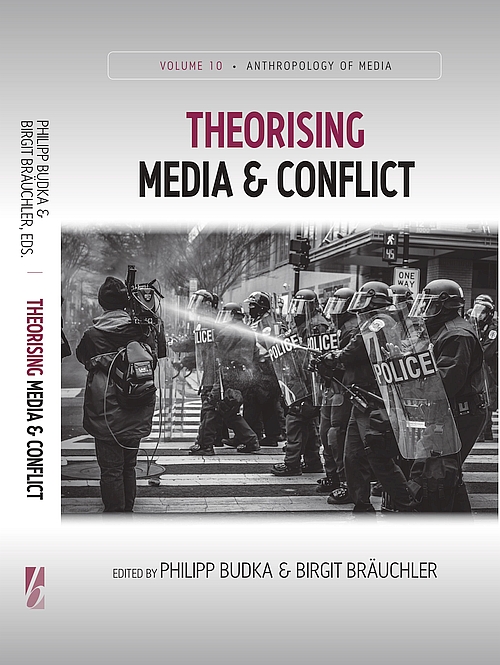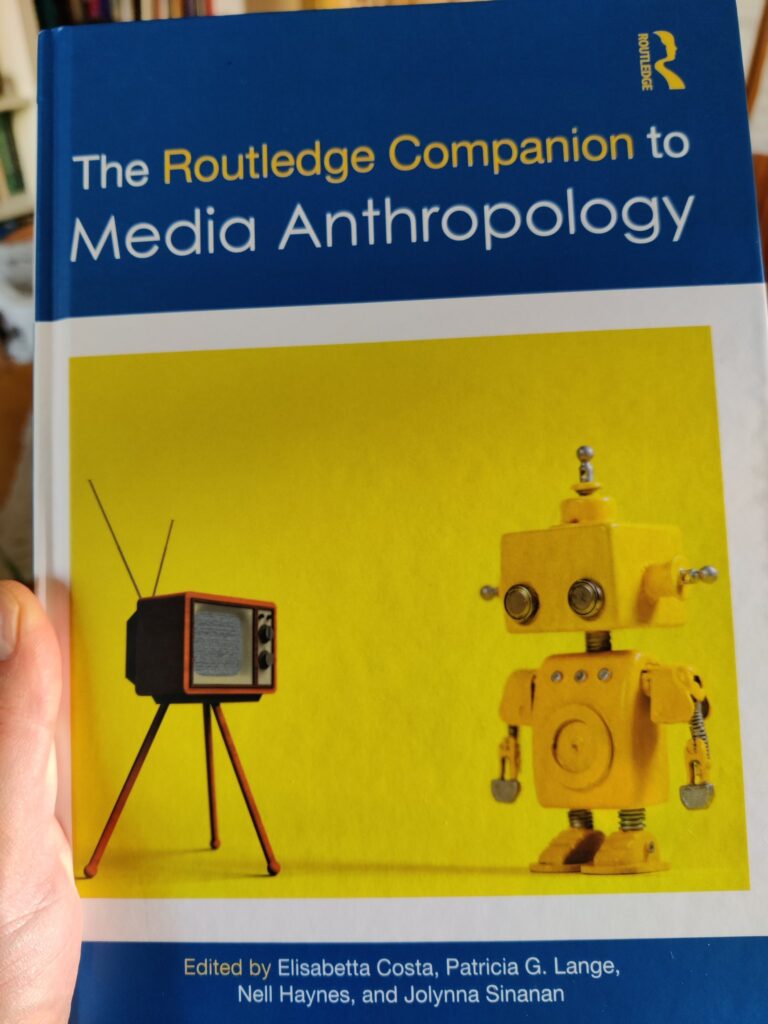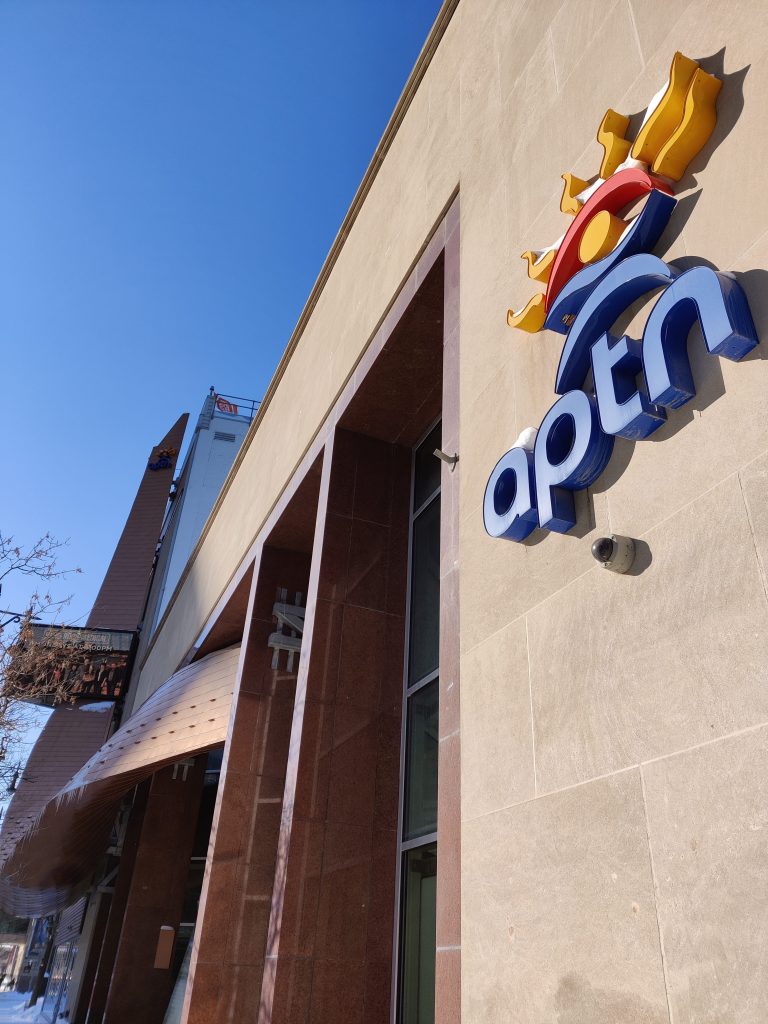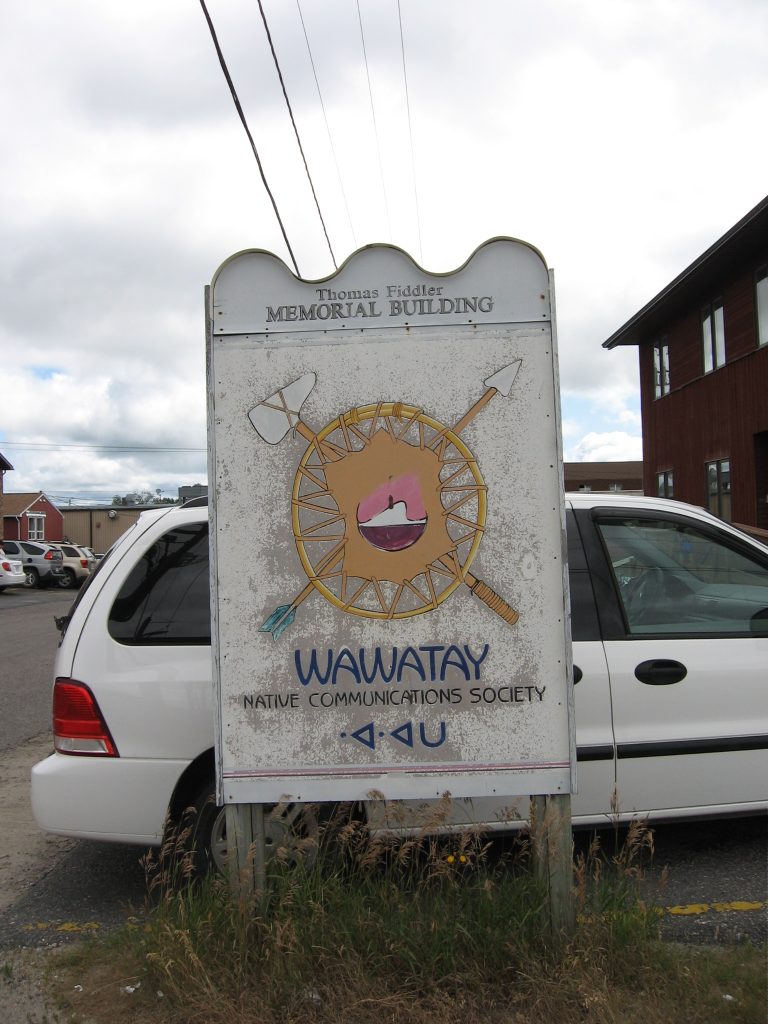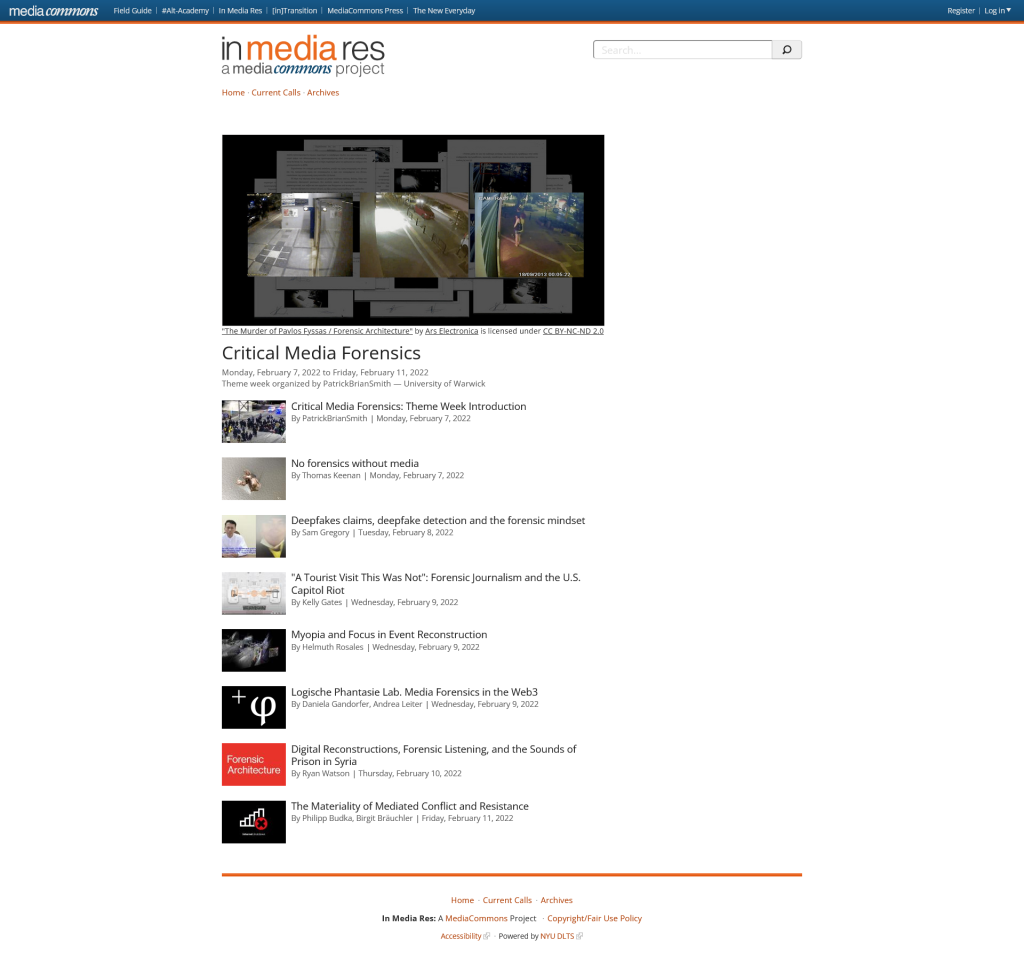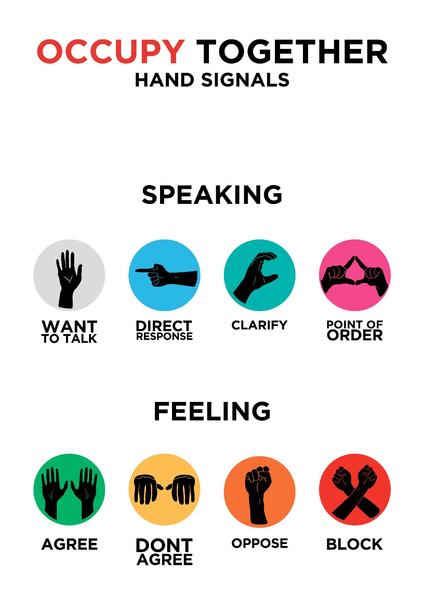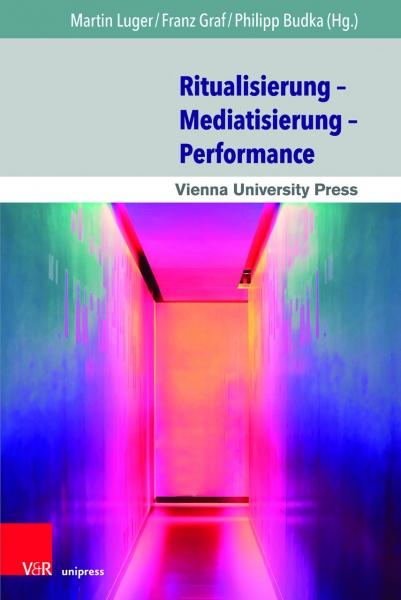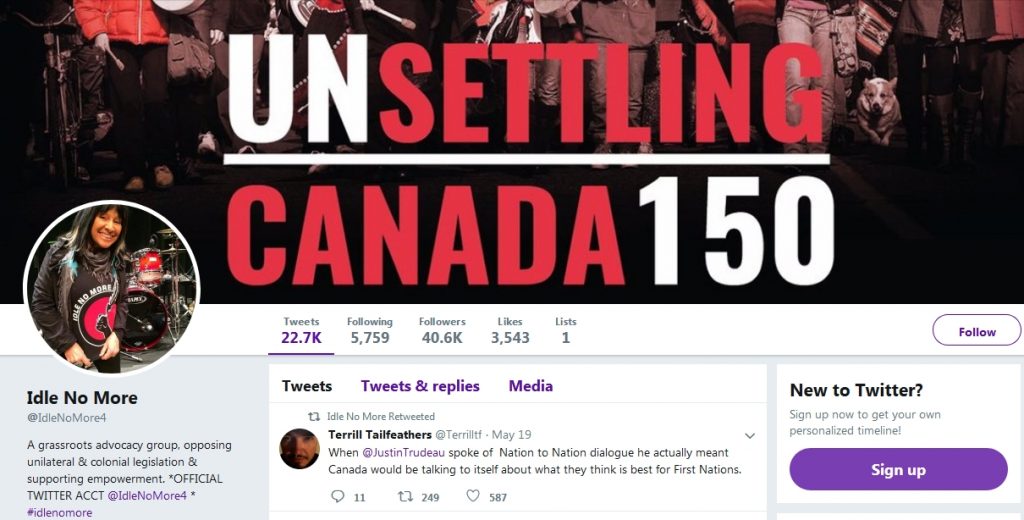Budka, P. (2023). Media anthropology and the archives: On exploring and reconstructing sociotechnical life, histories, and biographies. Paper at EASA Media Anthropology Network Workshop: “Theorising Media and Time”, Copenhagen, Denmark: University of Copenhagen, November 9-10.
Abstract
This paper looks into digital archives and how they not only serve as facilities to collect, store, and categorize media content and artifacts, but how they mediate between the past and the present. How archives potentially contribute to the future projecting and envisioning of media as well as related technologies and practices. For that the paper explores the role of archival work in media anthropological research. It builds on material from my project on the Kuh-ke-nah Network (KO-KNET), an organization established by the tribal council Keewaytinook Okimakanak (KO) to connect remote First Nation communities in Canada’s Northwestern Ontario to the internet (e.g., Budka, 2019). I was particularly interested in exploring and reconstructing the sociotechnical life of the platform MyKnet.org (1998-2019), which was set up exclusively for First Nations people to create personal homepages within a cost- and commercial-free space on the web. By tracing the rise and fall of MyKnet.org, this paper adds to the steadily growing body of research into missing and marginalized internet histories (Driscoll & Paloque-Berges, 2017).
Besides considering historical and sociocultural contexts of First Nations’ life, it critically reviews theoretical accounts and conceptualizations of change and continuity that have been developed in an anthropology of media and technology (e.g., Pfaffenberger, 1992; Postill, 2017) as well as in postcolonial technoscience (e.g., Anderson, 2002). During fieldwork many people told me stories about their first MyKnet.org websites in the early 2000s, how they evolved, and what they meant to them. People vividly described how their homepages were designed, structured, and linked to other pages. To deepen my interpretation and understanding of these narratives, I used the Internet Archive’s Wayback Machine to recover archived versions of these websites whenever possible. Thus, the Wayback Machine became an archaeological tool for my anthropological research into the sociotechnical life and history of MyKnet.org and the digital biographies of its users.
References
Anderson, W. (2002). Introduction: Postcolonial technoscience. Social Studies of Science, 32(5–6), 643–658.
Budka, P. (2019). Indigenous media technologies in “the digital age”: Cultural articulation, digital practices, and sociopolitical concepts. In S. S. Yu & M. D. Matsaganis (Eds.), Ethnic media in the digital age (pp. 162-172). New York: Routledge.
Driscoll, K., & Paloque-Berges, C. (2017). Searching for missing “net histories”. Internet Histories, 1(1–2), 47–59.
Pfaffenberger, B. (1992). Social anthropology of technology. Annual Review of Anthropology, 21, 491–516.
Postill, J. (2017). The diachronic ethnography of media: From social changing to actual social changes. Moment. Journal of Cultural Studies, 4(1), 19–43.
